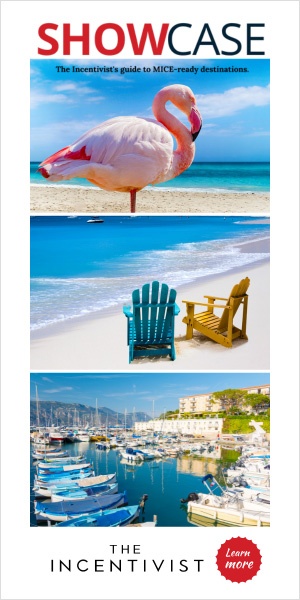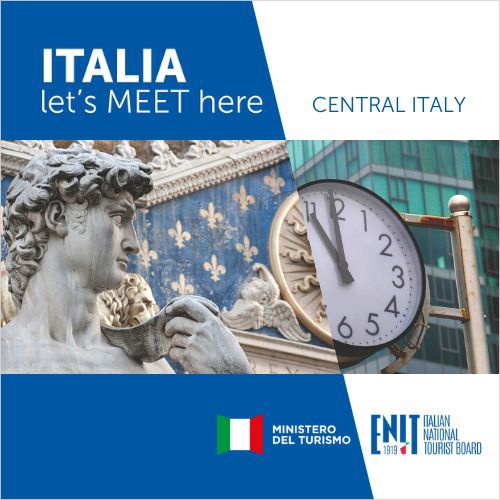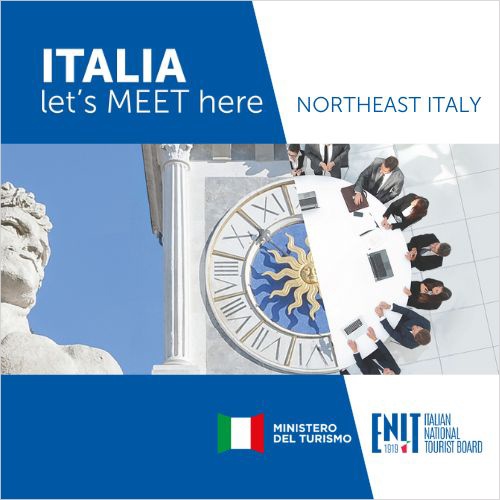Accor announced yesterday its commitment to join the just-launched UN Global Tourism Plastics Initiative and to remove all single-use plastic items in guest experience from its hotels by the end of 2022.
“We are aware of the significant impact we have on our planet and our responsibility to create tangible benefits for our employees, guests, suppliers, partners and host communities,” said Sébastien Bazin, chairman and CEO, Accor. “What guides us is the consciousness and social awareness that drives every person who strives to be a good citizen. It’s about being aware, socially conscious and consistent.”
This new commitment will see the global hospitality company remove individual plastic toiletry amenities and cups by the end of 2020, and eliminate all remaining single-use plastic items in guestrooms, meeting areas, restaurants and all leisure activities areas (spas, fitness centres, etc.) by the end of 2022. It joins Accor’s previous commitment to eliminate all plastic straws, stirrers and cotton buds from its properties.
Single-use plastics are items that are used once and then discarded. Examples include plastic straws, cotton buds, coffee stirrers, plastic cups, plastic bags for laundry or extra pillows, plastic water bottles, all plastic packaging (for food, welcome products, etc.), plastic takeaway dishes and tableware, plastic gifts and welcome products (toiletries, slippers, pencils, etc.), and plastic keycards. Alternatives to the plastic items will be selected based on a life cycle assessment.
In fact, several Accor brands and properties have already deployed effective solutions by choosing more sustainable alternatives. For example:
- 94 percent of Accor’s hotels have eliminated the use of straws, cotton buds and stirrers. The remaining six percent (mainly in China) will do so by the end of March 2020.
- 89 percent of Ibis hotels—2,087 properties—now use dispensers for amenities such as shampoo. Accor Ibis family hotels in Latin America will follow the same initiative this year.
- The Fairmont brand’s renovation and new construction standards incorporate water filtration taps in guestrooms to eliminate bottled water altogether.
- The new Greet brand has being plastic-free in its DNA. There is zero disposable plastic at breakfast and reusable dishes are used for butter and jam. In addition, there is zero disposable plastic in guestrooms and other parts of the hotels. Accor plans to open 10 more Greet hotels in Europe this year.
- Several Accor hotels—Novotel Paris Les Halles, Novotel Yangon Max Myanmar, Sofitel Bogota, many hotels in Bali and Lombok (Indonesia), Ibis Styles São Paulo Anhem—have taken steps individually to be plastic-free and are advancing towards a 100 percent single-use plastic-free objective.
Global Tourism Plastics Initiative
Launched on January 22, 2020, this initiative is led by the UN Environment Programme and the World Tourism Organization in collaboration with the Ellen MacArthur Foundation. It draws a line in the sand in the fight against plastic waste and pollution. By joining it, businesses and governments agree to a set of concrete and actionable commitments. They are:
- Eliminate problematic or unnecessary plastic packaging and items by 2025;
- take action to move from single-use to reuse models or reusable alternatives by 2025;
- engage the value chain to move towards 100 percent of plastic packaging being reusable, recyclable or compostable;
- take action to increase the amount of recycled content across all plastic packaging and items used;
- commit to collaborate and invest to increase the recycling and composting rates for plastics;
- and report publically and annually on progress made towards the targets.
“Plastic pollution is one of the major environmental challenges of our time, and tourism has an important role to play in contributing to the solution,” said Ligia Noronha, director of the UN Environment Programme Economy Division. “Through the Global Tourism Plastics Initiative, tourism companies and destinations are supported to innovate, eliminate, and circulate the way they use plastics, to advance circularity in our economies and reduce plastics pollution globally.”
Accor CEO Bazin says the company’s efforts will not stop with these initiatives. “We are an innovative group by nature and we continuously search for more areas where we can reduce our impact on the global environment while helping our local communities in their efforts to create a healthier, more sustainable future.”















